Saanand Verma: The entertainment industry plays a crucial role in shaping a developed, progressive society
Actor Saanand Verma says that celebrities and public figures can shape the way people think. He adds that their immense reach helps to make an impression on people’s minds.

Actor Saanand Verma says that celebrities and public figures can shape the way people think. He adds that their immense reach helps to make an impression on people’s minds.
“The entertainment industry plays a crucial role in shaping a developed and progressive society. It has an immense reach, with a massive audience that can be influenced by what they see on screen. Due to this wide exposure, cinema and other forms of entertainment have the power to change mindsets and impact countless lives. This is why I always emphasize the importance of being sensitive and conscious about the content we create and share. Whether you're a filmmaker, writer, actor, or any other contributor in the industry, it's essential to be genuine and aware of the potential influence your work can have. Our creations have the ability to shape thoughts, challenge norms, and ultimately contribute to the progress of the nation,” he says.
Talking about how Indian cinema and television can contribute to the nation's journey towards development and growth, especially in terms of social and cultural evolution, he says, “We have the potential to create truly inspirational cinema that drives social and cultural evolution, but unfortunately, that’s not happening right now. The focus has shifted towards profit, with most filmmakers viewing cinema purely from a business perspective. The power of cinema is immense, and it can significantly contribute to societal progress, but the current landscape often feels like propaganda rather than genuine storytelling. Many films that aim to address social and cultural issues end up feeling forced or biased. What’s missing is authenticity—films should be deeply researched, unbiased, and crafted in a way that leaves no room for doubt or criticism. We need to strive for this level of integrity in filmmaking. I hope that in the future, we see more filmmakers who are truly dedicated to social and cultural evolution, not for political or commercial gain, but for the betterment of human lives. These works should be non-political, non-commercial, and should genuinely touch the hearts of viewers in the truest sense.”
Ask him what makes him feel truly Independent living in India, and he says, “I believe no country is freer than India. India is the greatest country in the world, offering unparalleled freedom and a strong sense of societal responsibility. We have the liberty to express ourselves openly, and despite the presence of political influencers who may try to suppress certain truths, the sheer size and diversity of our nation ensures that genuine voices always find an audience. Regardless of political affiliation or ideology, those who work hard and stay true to their beliefs thrive in this country. India is truly a democratic nation that allows everyone to express their opinions. I feel completely free to voice my thoughts, even if it means facing criticism or trolling. The best part about being Indian is that I can speak out against issues like corruption without fear of arrest. Corruption exists everywhere, but the beauty of India lies in its vastness—1.4 billion people, with all the good and bad that comes with it. That’s what makes India so unique.”








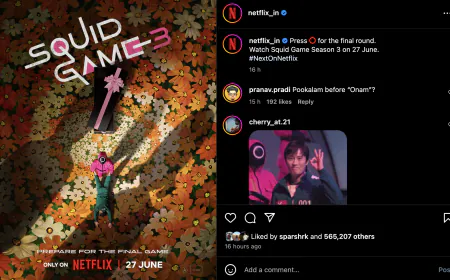
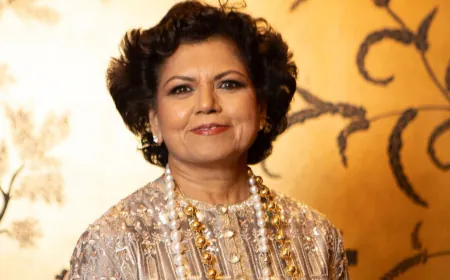











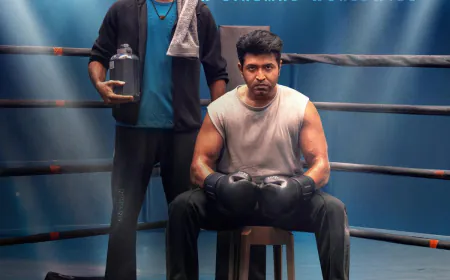


.JPG)
.JPG)


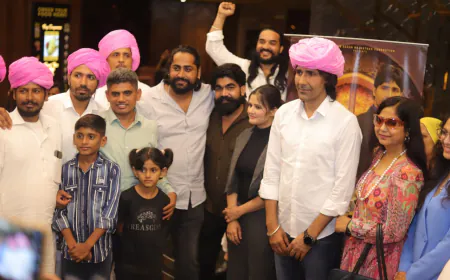



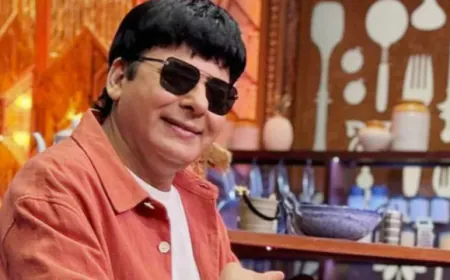
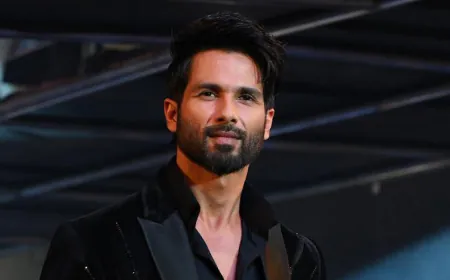
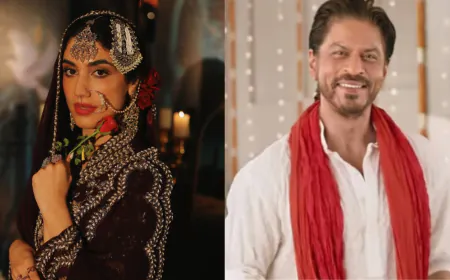
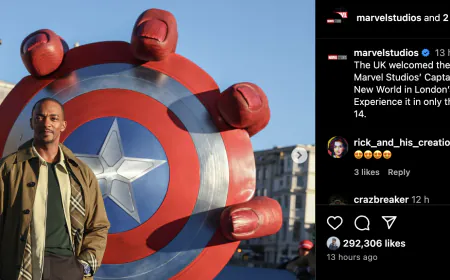






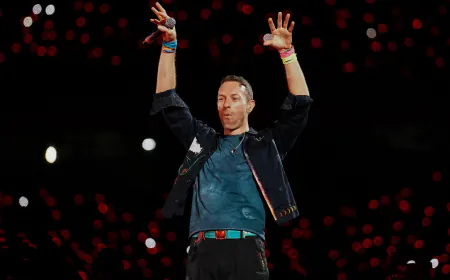




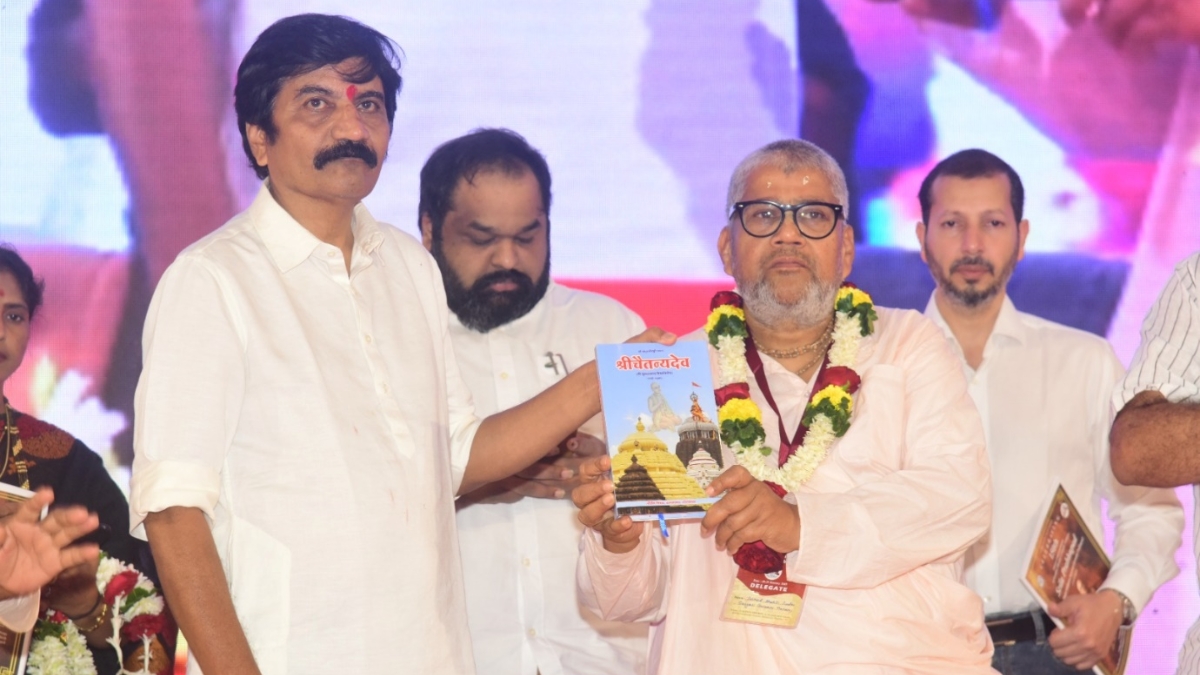



















.jpg)
